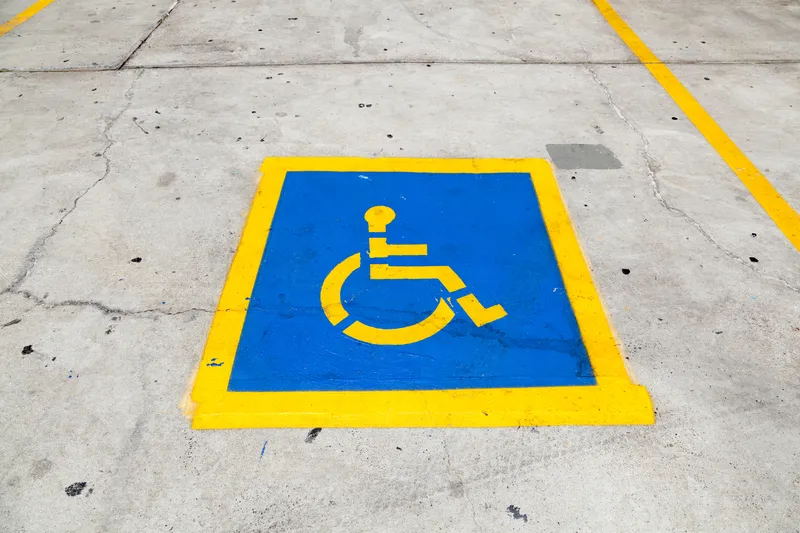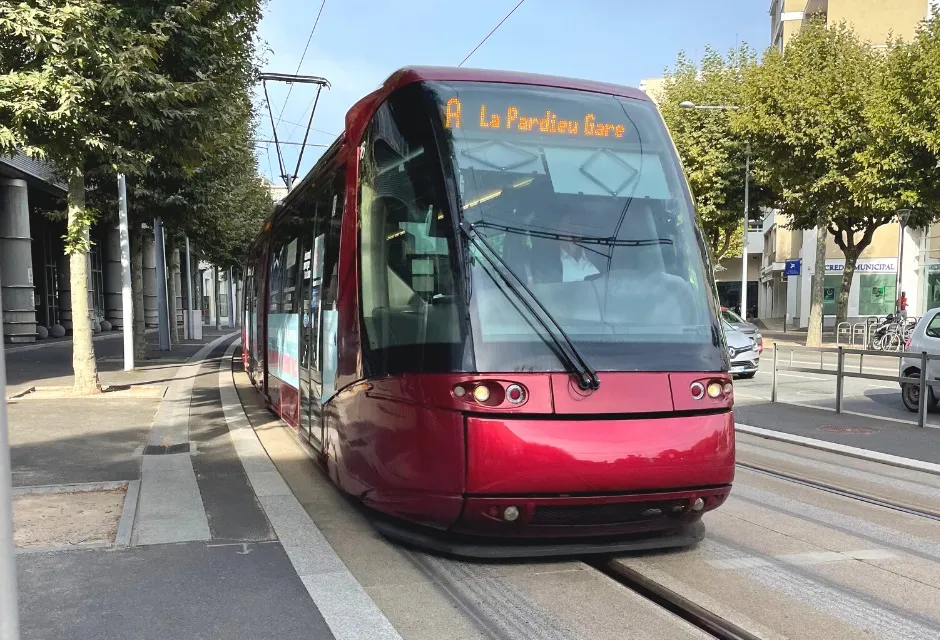
Kerbside management and urban mobility solutions provider Flowbird Group is partnering with the City of Tampa in a new accessibility initiative to help provide four hours of free parking for disabled permit holders.
The initiative, which integrates the Flowbird mobile parking app into the city’s mobile parking payment applications, improves accessibility to more than 16,000 parking spaces across the city.
Flowbird’s app allows users to pay for parking from their mobile devices, receive text notifications when time is about to expire, and extend their time without having to visit a pay station. The Flowbird app features a map-based user interface, integrated with Waze and other navigation systems, to guide users to their preferred parking location.
“By integrating the Flowbird app into the city’s parking system, we are simplifying the process for disabled individuals and empowering them to navigate the city with convenience and peace of mind,” says Benoit Reliquet, president of Flowbird America.
The initiative is part of a partnership with four major mobile parking payment applications, including Flowbird, created by the city’s Mobility Department Parking Division designed to provide a touchless and convenient parking experience for residents and visitors.
“The city wanted to ensure that our residents and visitors are equipped with the most convenient and innovative methods to make parking payment transactions effortless,” says Fed Revolte, parking division manager for the City of Tampa.










